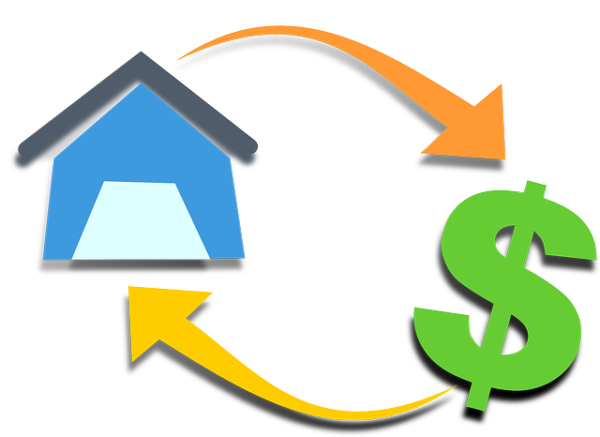Important Benefits and Features of Reverse Mortgages

There are many different types of mortgages and many are better than others based on the age and needs of an individual homeowner. Specifically, a reverse mortgage is a mortgage loan for the elderly through which a financial institution (usually banks or insurance companies) makes a lump sum of money available to the client. They usually offer a cash sum that is a maximum of 20% of the appraisal of the institution’s appraiser.
According to many experts, reverse mortgages seem to have many important advantages. This is why an elderly person may opt for this type of mortgage to supplement their Social Security or other retirement income. It is important to understand the benefits and features that go along with reverse mortgages. This is why 31,274 reverse mortgages were issued in 2019 alone.
You can see the benefits of reverse mortgages by using the calculator shown here: https://reversemortgagereviews.org/reverse-mortgage-calculator. It will help you see how much you could receive with one.
The Basic Premise of Reverse Mortgages
A reverse mortgage is a loan that offers in a cash sum that is capped at a maximum dependent on the value of the home. With a reverse mortgage, the client has a limit on the amount to be received and an agreed amount is available each month.
Francis Fernández, an expert on reverse mortgages, explains that, in this way, the property belongs to the owner and if he or she decides to sell it at some point, the capital drawn down and the interest generated by it are liquidated. With a reverse mortgage, if the owner dies, the heirs, upon receiving the property, must also pay off what has been drawn down like any other financing before they can receive the rest of the estate.
Reverse mortgage requirements
To qualify for this type of mortgage, it is normally necessary to be over 65 years of age, although it may vary depending on the entity in which it is negotiated and the particular conditions of the applicant.
The policies of reverse mortgages may differ across jurisdictions. The federal government has its own policies on reverse mortgages, because these loans are insured under the FDIC. However, states also create their own rules for reverse mortgages.
Understanding the benefits and characteristics of reverse mortgages
In order to qualify for a reverse mortgage, you must obviously be a property owner and preferably if should be your habitual residence. Eduardo Molet, real estate consultant, informed us that this type of mortgage is for great homes worth at least $250,000.
The credit ends when the person who takes out the reverse mortgage dies or when the client freely decides to give up the property. At this point, the interest on the loan will accumulate and added to the principal of the loan, which generates a debt that is amortized at death or before if the client freely decides.
Financial experts have remarked that an elderly person has no obligation to return the money if they don’t relinquish ownership before they die. It is the heirs who are in charge of settling the debt with the bank at the death of the elderly person and they have 12 months to pay back the money.
Then they can sell the house, pay off the debt and keep the surplus. They can take out a new mortgage and pay off the debt or pay off the debt with their own money and keep the house.
Here is a practical example of a reverse mortgage in practice. An 80-year-old person with a $500,000 home receives a monthly stipend from the bank of $1,000 per month for as long as they live, provided that they don’t receive any initial amount.
What are the benefits of reverse mortgages?
According to many financial experts, housing is undoubtedly the most valuable asset for most people and it is not very coherent that when we retire we have economic hardship due to a tight pension, having an asset as valuable as housing, and fully paid for. Making the experience owning the current home compatible and obtaining additional monthly liquidity is what this type of mortgage offers.
It is important to emphasize that the property could be leased if the client decides to relocate. In this case, they would have two incomes. If you wanted to move in with your kids without paying rent or move to a place where rent was cheaper than what you were receiving from the lease, then this could be a huge benefit.
